If you’ve ever worn a pair of boots only to find that your feet are drenched with sweat, then you need to keep reading. Foot sweat is extremely uncomfortable, but it can ruin leather shoes and boots if left untreated. But don’t worry—we have all the answers!
Our post will help you understand what causes foot sweat in the first place, as well as how to prevent it. And if that’s not enough, we’ve also included tips on stopping foot sweat once it starts happening.
How To Keep My Feet From Sweating In Work Boots?
If you suffer from sweaty feet and want to prevent it from happening in your shoes, read this article before buying a new pair of boots. The problem with sweaty feet is that the armpits and the upper soles are where sweat comes out – because they’re usually coldest. And cold sweat just condenses into liquid when it hits the warm fabric of your shoes.

If you want to avoid sweaty feet in work boots, try keeping your feet warm in boots. Warm and dry socks can help you to keep your feet less damp and hence less prone to sweat. Additionally, wearing breathable work boots can also help you to combat sweat.
Keep Your Feet Clean
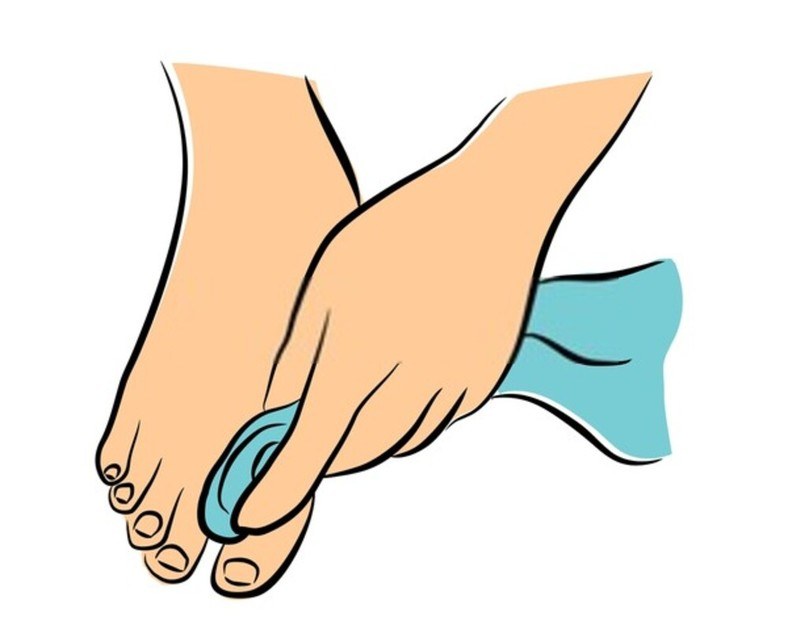
It is critical to clean your tootsies while bathing. Additionally, develop a daily habit of washing your feet. Additionally, you can scrub your feet with warm water and antibacterial soap once you return home. This will help keep your feet clean and will cause them to sweat significantly less.
Buy weather-friendly boots
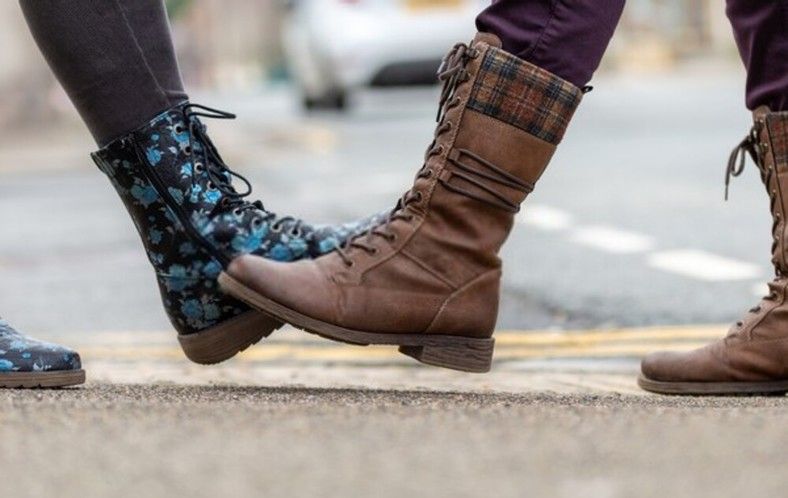
You can also go for boots made of waterproof or water-resistant materials. You may want to get a pair of waterproofing spray if the type of leather shoes you’re wearing does not come with this feature.
Consider features such as safety, breathability, and length when selecting hot weather boots. For example, breathable boots have an excellent moisture-wicking property that absorbs sweat and promotes proper air circulation within the boots. In terms of length, longer bootstraps have more heat around your feet than shorter boots do.
To avoid sweating in boots, consider buying weather-friendly boots like breathable mesh, Gore-Tex or moisture-wicking lining that can regulate the moisture and keep your feet dry. Check out barefoot shoe brands for more options that allow your feet to breathe while providing ample support and comfort for all-day wear.
Use Shoe Inserts
Shoe inserts are special insoles that can help improve your walking experience. It is also great for your feet because it will absorb the sweat of your feet and can relieve you from the pain of walking. In addition, they’re specially designed to prevent the growth of bacteria within the shoes.
Dry Your Boots Every Night
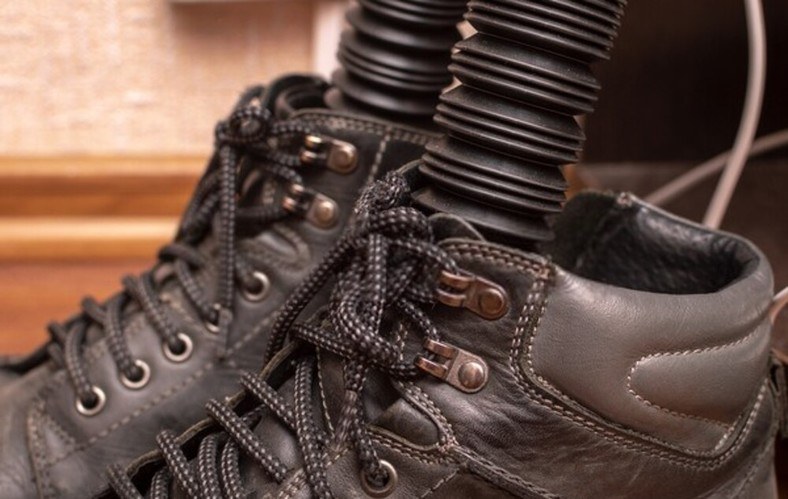
Do not assume your booties will stay dry in the day. You must remove your boots when you get home and dry them out. As soon as you return home, place your boots in the boot dryer, as this is a necessary step to keep your feet dry.
The boot dryer evaporates all perspiration, protecting you from bacteria that breed inside your boot. Every construction worker should have them because they are 100 percent effective at reducing perspiration and maintaining comfort.
To keep your feet from sweating in boots, it’s essential to ensure that your boots are always dry. Check out these 10 ways to dry wet work boots fast, which provide tips on how to dry your boots effectively every night. These techniques help prevent moisture from building up inside the boots, which can lead to sweaty feet and unpleasant odors.
Take Foot Powders
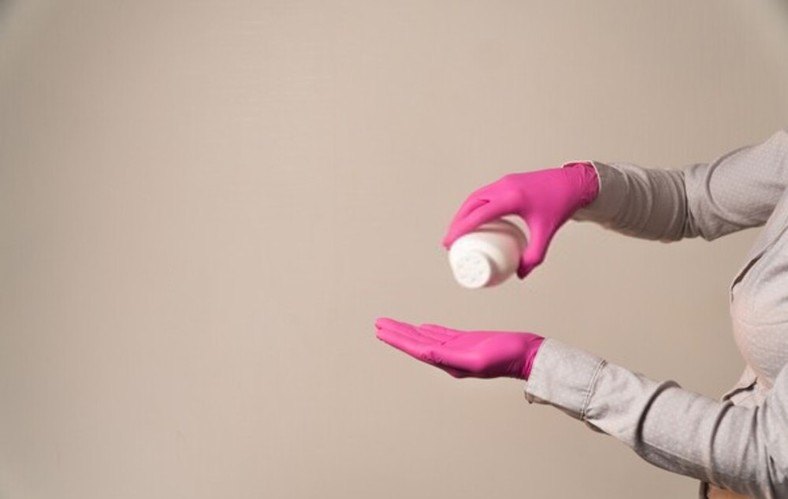
Foot powders are great for reducing the moisture in your feet. But, of course, you probably won’t be able to dust them on in the middle of the day. However, you could carry a travel-sized version of your favorite foot powder with you in your bag.
This way, when you feel foot sweat coming on, simply take out the powder and use it to keep your feet dry. Even better, try to find an option that offers built-in foot protection throughout the day.
Drink Lots of Water

This is an easy way to keep your body cool and your feet dry. However, if you are prone to sweaty feet, you must stay properly hydrated throughout the day. You should drink 8-12 glasses of water each day to keep your body running smoothly.
If you’re not sure whether or not you’re drinking enough water, try this trick: place two fingers on the back of your hand. If your skin is loose, then you are properly hydrated. If it is tight, you should drink more water.
Aside from water, consider tasty beverages to keep you hydrated throughout the day. Avoid caffeinated drinks because they can dehydrate your body and put stress on your heart. However, you can try to drink tea or fruit juices on the side.
What Can I Do To Avoid Excessive Foot Sweating?
Wear cotton socks
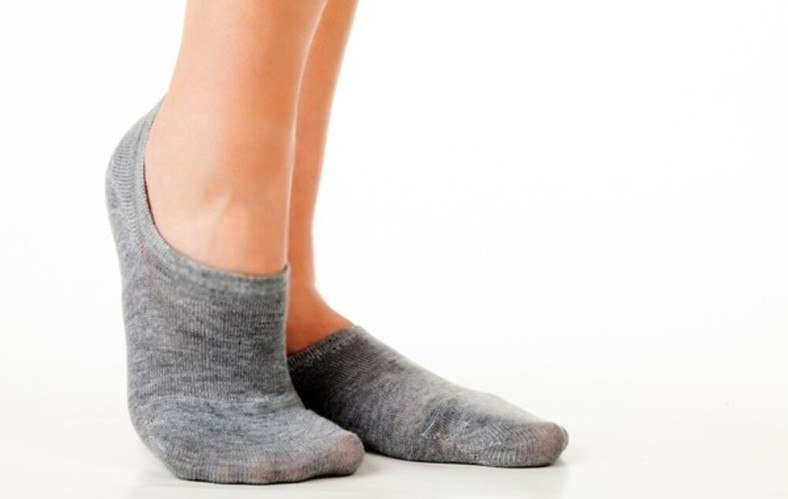
Although cotton is the most breathable fabric, it is not very good at absorbing moisture. Make sure that your socks aren’t too tight: If they bunch up inside your shoes, they’ll push against your feet and cause them to heat up more quickly. If your shoes are hot and stuffy inside, they will make your feet sweat even more.
Wearing properly sized cotton socks can help absorb sweat and keep your feet dry. This allows your boots to breathe and reduces the risk of blisters. Always make sure your socks fit correctly to prevent bunching or slipping inside the boot, which can cause discomfort and additional sweating.
Choose an exercise shoe
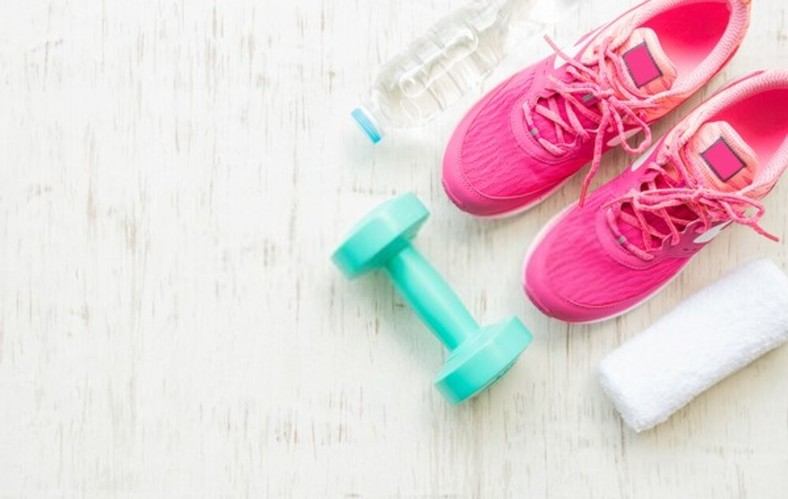
Since chronic foot sweating can make your feet sweaty at any time, exercise shoes like adidas or nike running shoes may be a great solution. Unlike leather shoes which merely sweat when they get uncomfortably warm, athletic shoes go through sweat-producing activity! This allows them to stay drier and more comfortable.
Get a custom pair of boots
Many people opt for waterproofing options in their regular leather boots to block out water from reaching the interior of the boot. While it’s true that most rain does not penetrate leather, you may still want to cover your footwear with an insulating layer for comfort if you are doing particularly sweaty activities.
Why Do My Feet Sweat In Work Boots?
Research has shown that up to 95% of people have foot sweat or Hyperhidrosis. This means that 95% of us tend to sweat through our feet! This phenomenon is more common than you think, and it can be embarrassing, especially if you’re at work.
Sweating is a very common occurrence that affects everyone. Sweat not only exposes your feet to bacteria and other germs, but it can also put you in an embarrassing situation by leaving an unpleasant odor on your feet and boots. However, you are no longer required to suffer from this. It’s past time to take control of this vexing problem.
We are all aware that sweat is primarily water containing trace amounts of urea, lactic acid, and other minerals, promoting bacterial growth. However, why do our feet perspire? Perspiration can occur for a variety of reasons:
Foot Conditions
Simply put, your feet are cold, which means that they lose heat faster than the rest of your body. If you are suffering from skin problems such as eczema, psoriasis, etc., these conditions can lead to sweating through your feet.
Anxiety
For some people, sweating is a symptom of Anxiety. For example, if you are experiencing Anxiety before taking an exam or meeting new people at work or school, you may be sweating through your feet.
If you are experiencing anxiety, it can sometimes contribute to excessive sweating, including on the feet. In addition to the tips already discussed, it may be helpful to seek guidance from a mental health professional. Check out these celebrities who have opened up about their mental health struggles to see that you are not alone and there is hope for managing anxiety.
Working in Hot Environments
Excessive sweating can also occur when working in a hot environment or long hours in hot weather. The likelihood is that you’re wearing insulated or heavy-duty work boots that prevent your feet from breathing and cause them to sweat.
Age
Age is another factor that may increase the likelihood of suffering from excessive sweating. Individuals suffering from Hyperhidrosis are more likely to experience sweating in areas governed by the autonomic nervous system, such as your hands, feet, face, etc. However, this doesn’t mean you’re doomed to suffer in silence. There are plenty of things you can do to reduce sweaty feet at work!
Make sure you meet the Coast Guard’s height and weight standards, which vary by age and gender. Refer to the Coast Guard Height and Weight Requirement Charts to see if your weight falls within the acceptable range. If you’re over the limit, consider visiting a nutritionist or personal trainer to develop a healthy diet and exercise plan.
Hyperhidrosis
Our excessive sweat glands can occasionally result in a condition known as plantar Hyperhidrosis, which is quite uncomfortable and bothersome. Our sweat glands continue to produce sweat even when we are at rest in this situation.
Do Leather Boots Make Your Feet Sweat?
Leather boots can cause your feet to sweat, but there are a few ways to avoid the issue. First, make sure your boots are made from a quality, breathable materials that allow air circulation. Second, break in your new footwear gradually by wearing it around the house or using other activities. Finally, avoid pairing heavy socks with leather boots and opt for thinner ones instead.
The combination of leather and socks can often lead to your feet sweating even though you’re not wearing any other types of work boots. Likewise, wearing a pair of leather boots can have a drying effect on your feet, but there are a few simple things that you can do to help prevent this.
Before buying a pair of leather boots, take note of the materials used in the construction process. Generally, you want to avoid buying poorly constructed items because these tend to be more likely to cause sweaty feet. For example, it’s common for low-grade boots to reach the market because they are mass-produced in less than ideal conditions.
Because of this, it’s best to be wary of any leather boots that are overly flexible or stretch easily when you put them on. The reason for this is that leather is generally known to hold its shape, so if your shoes seem flexible in the store, they are likely to remain soft once broken in at home.
FAQS
How do I stop my feet from sweating in winter boots?
Socks, for starters! If you’re wearing cotton socks, keep your feet bare when you’re in bed. This will reduce the moisture in your shoes and keep them dry, no matter how warm it is outside.
If you’re looking for ways to keep your feet dry and sweat-free in winter boots, try applying antiperspirant on your feet. As mentioned in this article on Hood MWR, applying antiperspirant can help reduce the amount of sweat your feet produce, thus preventing unwanted moisture buildup in your boots.
Are my boots waterproof?
No! Even if that’s what the label says, the answer isn’t quite so simple. If you’ve got waterproof leather boots, they’ll be water-resistant only to the point where they start leaking when wet. So your feet will never be completely waterproof.
What does my foot sweat mean if I’m not wearing socks?
If you don’t wear socks, your feet may be sweating because they are hot. Keep your feet dry if you’re not wearing socks and prevent smells by using artificial deodorizer products that are specially designed to mask the odor of sweaty feet.
What if I sweat on the sole?
This is known as hotspot sweating, and there are things you can do to avoid it. First, try wearing thin socks to minimize body heat loss, and if that doesn’t work, try using an antiperspirant that contains aluminum or magnesium.
If you’ve been standing all day and your feet feel itchy, try using tea tree oil. Its antifungal and antimicrobial properties can reduce itching and help kill any bacteria that may be lingering on your feet. You can dilute a few drops of tea tree oil in a carrier oil, like coconut oil, and massage it into your feet. Find more remedies for itchy feet here.
Why are my feet sweating in my boots?
If your feet are sweating in your boots, there are a few things you can do to reduce the odor. First, wash your feet with antibacterial soap to eliminate germs and bacteria that cause body odor, and change out of work boots often.
How do I stop my sweaty feet from smelling?
There are plenty of ways to prevent stinky feet. Excessive sweating is often due to environmental factors, so avoid wearing closed-toe shoes in hot weather or at work to prevent excessive perspiration.
